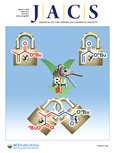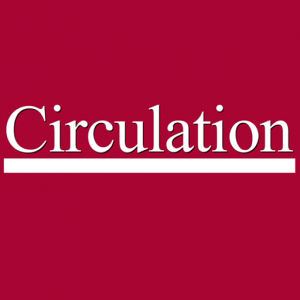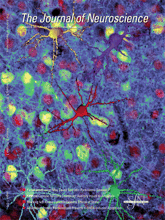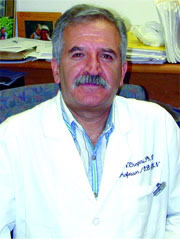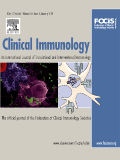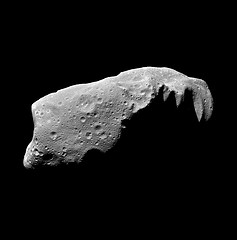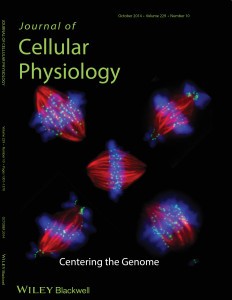 Two researchers, Tong Wu and Chang Han, have lost a second paper as the result of a University of Pittsburgh investigation into image manipulations.
Two researchers, Tong Wu and Chang Han, have lost a second paper as the result of a University of Pittsburgh investigation into image manipulations.
The first retraction, in Journal of Cellular Biochemistry, went live in February. The researchers, currently based at Tulane University, were originally tapped by pseudonymous tipster Juuichi Jigen, who created a website in 2012 to chronicle the allegations.
The blog lists six papers by the pair with supposedly questionable figures. According to Jigen, this latest retraction, in the Journal of Cellular Physiology, contains a figure (2A) that appears to reuse data from another paper, and another figure (3) where the data appear to be manipulated.
Continue reading Second cell bio retraction from UPitt investigation of tweaked images
